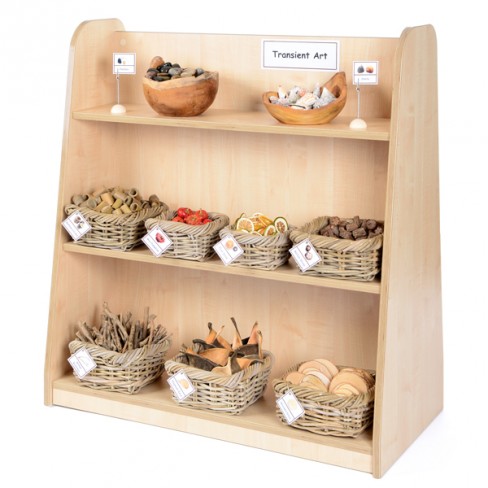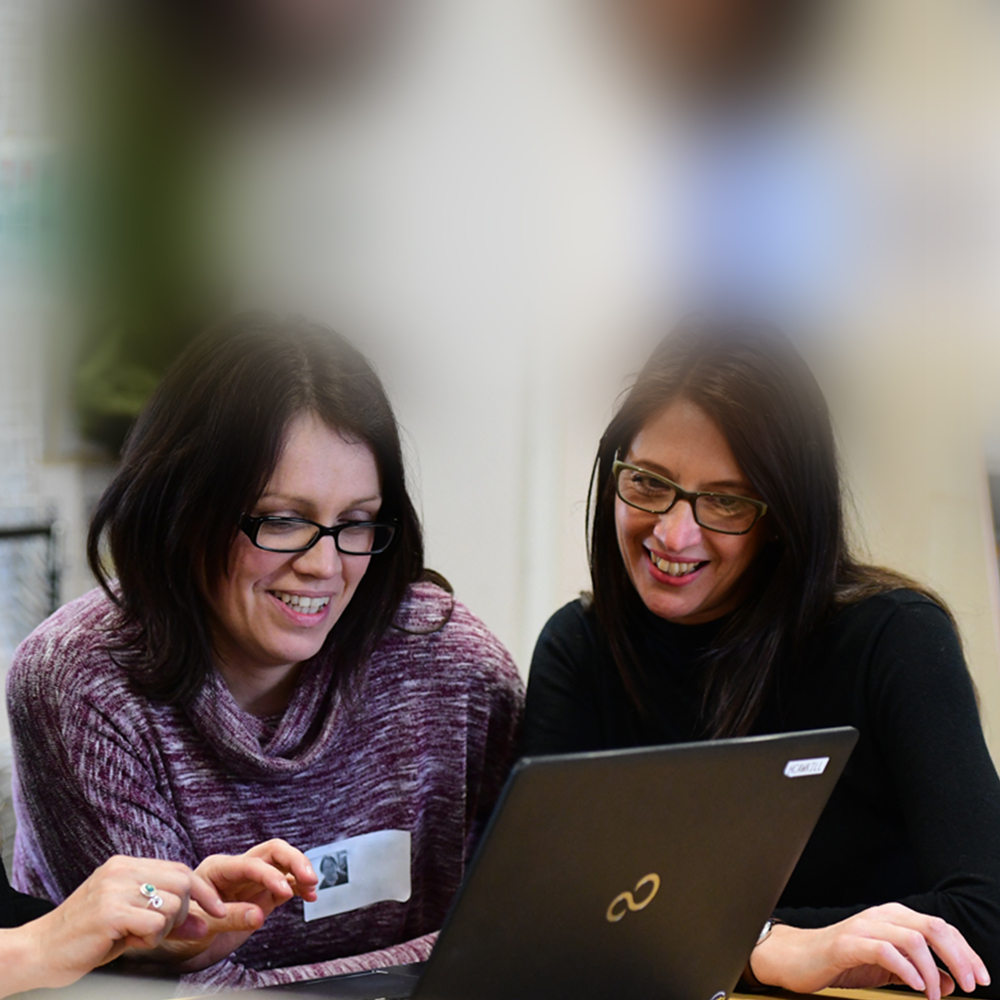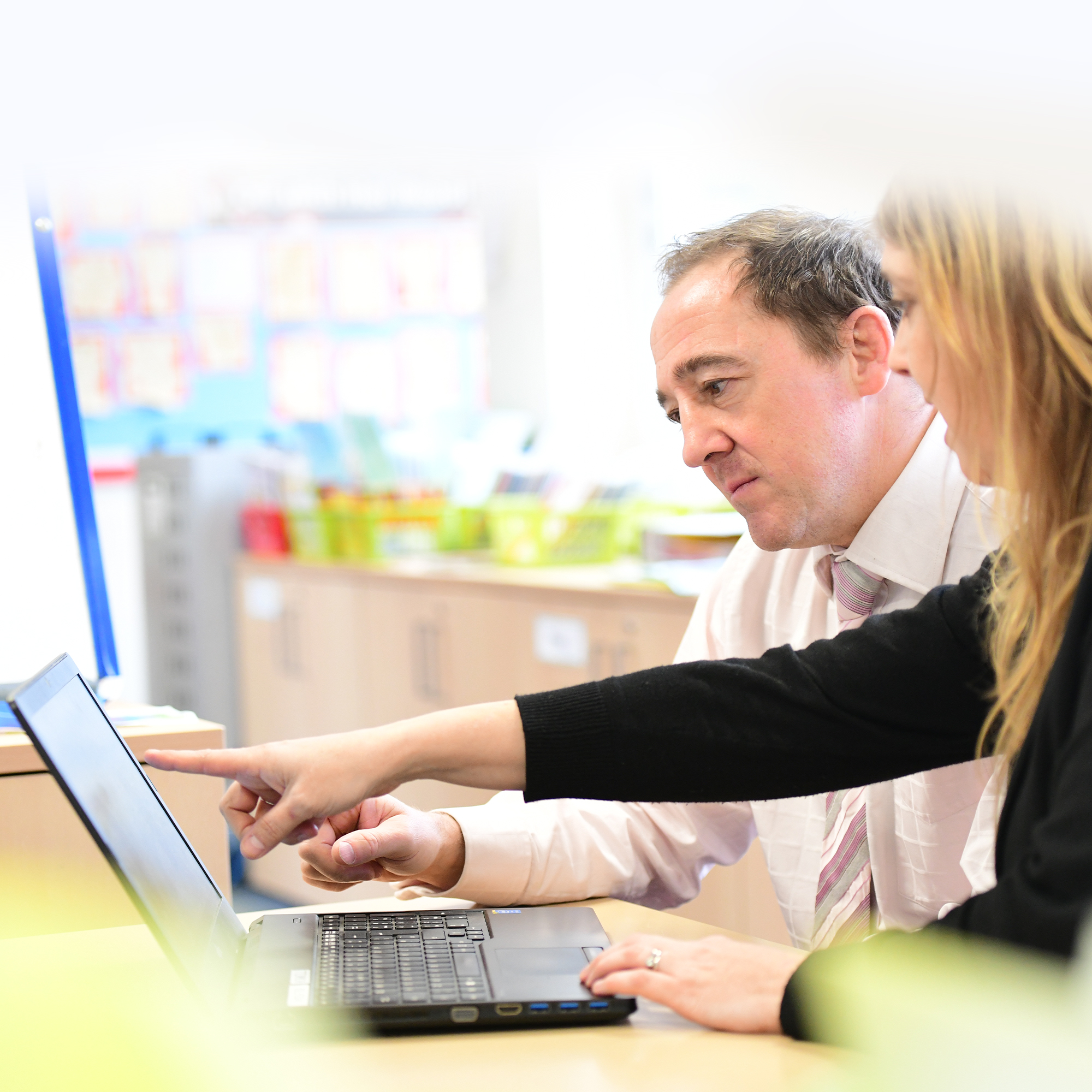Why is Transient Art & Creativity Important?
Transient Art and Creative opportunities will give children a sense of control over their surroundings and a feeling of satisfaction and are, therefore, extremely important for their wellbeing. Alongside this, creative opportunities are valuable because they support children’s thinking skills, encouraging them to express their ideas, solve problems and plan out their thoughts and actions.
What is Transient Art or Loose Parts Play?
Transient Art or loose parts play is the creative experience of placing open-ended resources together on a surface. As part of transient art or loose parts play children will explore shape, space, pattern, positioning, colour, texture and overlapping. What is crucial here is that the materials are not fixed onto a surface with glue or tape but can be moved and placed in different positions to fit children’s changing creative ideas. The bonus here, from a practical point of view, is that this means that the resources you use for transient art or loose parts play can be reused. If the resources are open-ended enough, the children will be able to explore a multitude of creative possibilities with the same collection of resources by combining them in different ways.

How do I Make a Transient Art Area?
Well, there’s no right or wrong as to what should be provided. A good starting point is to ask your children to help you gather together interesting materials from around the house and garden. Try to collect a variety of shapes, sizes and different materials. Interesting materials to get you started might include:
- Natural materials such as leaves, sticks or seeds
- Metal materials such as nuts, bolts, screws, washers
- Recycled materials such as milk bottle tops, cardboard tubing, jar lids and corks
- Pieces of string, elastic bands, hair bobbles
- Items of clothing such as t shirts, socks, gloves
Additional Materials
Once you’ve gathered some materials together, you’ll need to choose what you’re going to place them on. A bed sheet or large towel would work really well. You could experiment with different coloured backgrounds. Your loose parts resources will usually stand out best on a contrasting background so white or black material tends to work well but you could try different colours and patterns too.
Expressing Creative Ideas
When you’re all set, talk about the different ways that you can place the materials onto your background. It’s best not to expect children to create a recognisable picture or scene but instead to help them to use the materials to explore overlapping, contrasting colours and textures and shape. Some children will want to use the materials to create a picture of something or a place that’s familiar, others will be more interested in exploring how the materials can be placed together. This form of creative play is great for exploring mathematical possibilities such as shape and pattern and it also provides rich opportunities for supporting language development. Positional words such as on, under, next to can be used in a meaningful way here alongside words to describe shape, colour and texture.
Reflections and Shadows
The addition of a light source such as a desk lamp will provide the opportunity to look more closely at some of your smaller objects and will also give you the chance to explore the different shadows that are cast by your objects. In a similar way, a mirror carefully positioned next to your artwork will give the opportunity to explore how your patterns and shapes are reflected. Children are naturally interested in mirrors and reflections; this will lead to lots of exploration and will provoke curiosity and questioning too.
Over to You
Let us know how your children get on with their creative explorations. Your parents and children can share their creations with us on Twitter, Facebook and Instagram- it would be great to see how creative they can be.
Inspire children across Nursery, Reception and KS1 to express their creative ideas, exploring colour, pattern, texture and sensory play with natural learning resources and a range of open-ended loose parts.
Why Choose an Early Excellence Natural Materials Area:
- Find Natural Materials resource collections for 3-4yrs and 4-5yrs for a rapid, ready made continuous provision solution
- Choose from a wide range of open-ended transient resources including mini pumpkins, wood pieces, shells and river gems to encourage children to explore shape, space, pattern, colour and texture of the loose parts using enhancement trays or a lightboard
- Add open-ended natural materials to story trays as scenery for small world fairies and woodland animals for example, to develop storytelling language and imaginative play

Developing a well organised Natural Materials Area is vital for supporting young children’s learning and to ensure it fully supports children’s creative thinking. Discover a range of EYFS & KS1 resources in our shop.

Explore our Inside Out pack of support materials for the Transient Art Area with practical advice, training videos and inspiration to help you make the most of your role play provision.

For tips and ideas on establishing meaningful and quality continuous provision, download a free copy of our audit tools and check out the quality of your provision today.

